Since Russian President Vladimir Putin launched a military campaign in Ukraine last February, the United States and its allies have imposed unprecedented sanctions on Russia's oil and gas industries, costing Moscow tens of billions of dollars in lost revenue.
But Washington has yet to kick its addiction to Russian nuclear fuel, with few alternatives. Russia’s state-owned nuclear energy giant Rosatom continues to supply nuclear fuel and uranium enrichment services to American and Western reactors.
The situation is “very worrying,” Kathryn Huff, US Assistant Secretary of Energy for Nuclear Energy, told the Financial Times (UK) on November 7.
Consequences of inaction
Russia has long been a major supplier of cheap enriched uranium to the world market, accounting for about 50% of global enrichment capacity. According to trade data and experts cited in a recent AP article, Russia sold $1.7 billion worth of nuclear fuel products to U.S. and European power producers last year.
Last year, the US nuclear industry imported about 12% of its uranium from Russia, while Europe will depend on Moscow for about 17% of its uranium by 2022, according to the US Energy Information Administration.
According to Ms. Huff, about 20% of the fuel used by US nuclear reactors is currently provided through uranium enrichment contracts with Russian suppliers. The US's dependence on Russia for nuclear fuel poses a serious threat to the country's national security and climate goals, Ms. Huff said.
“If we don’t act, Russia will continue to dominate this market… This is really important for our national security, our climate and our energy independence,” said the official in the administration of US President Joe Biden.
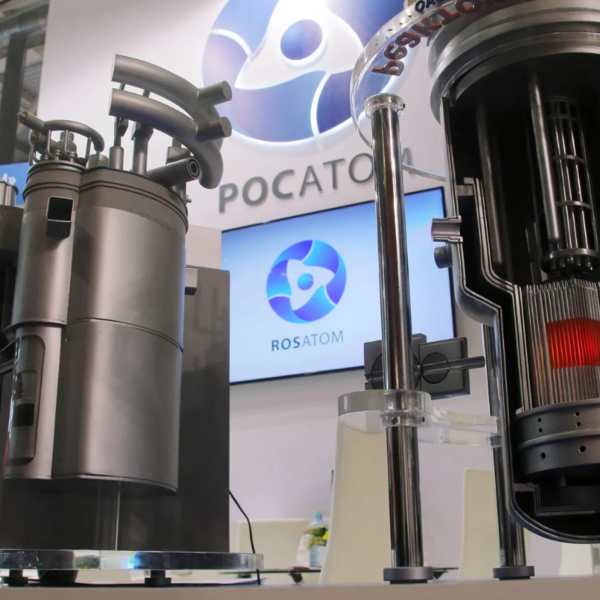
The reactor and cooling tower of Unit 3 at Georgia Power Co.'s Vogtle nuclear power plant in Waynesboro, Georgia, on Jan. 20, 2023. Photo: NBC News
Globally, Rosatom is the No. 1 uranium enrichment company and the No. 3 uranium producer and fuel maker, according to the Russian conglomerate’s 2022 annual report. This not only keeps Putin’s money flowing, but also puts the U.S. and its allies at risk of “blackouts” if the Russian president decides to cut off supplies.
There are only a handful of Western suppliers capable of providing nuclear fuel enrichment services, including France’s Orano and Urenco, a British, German and Dutch consortium. Meanwhile, Tenex – a subsidiary of Rosatom – is the only company in the world that supplies the new fuel, called HALEU, on a commercial scale.
HALEU is high-quality uranium with low enrichment levels of 5-20%, suitable for use as a reactor core for advanced nuclear power plants being developed by the US and many other European countries.
Diversify supply sources
The Biden administration has asked Congress for an additional $2.16 billion to support a strategy to encourage U.S.-based companies to increase their enrichment and conversion capabilities, Huff said, a plan that would make the U.S. Department of Energy the long-term buyer of the companies to ensure an adequate supply of fuel for future nuclear reactors.
However, the success of this public investment will depend on the imposition of long-term restrictions on Russian nuclear products and services, she said.
“We have seen in the past that Russia’s dumping of cheap enriched uranium products has really damaged our fuel cycle and gotten us to where we are today,” Huff said, adding that there is bipartisan support in the US Congress for nuclear energy.
A bill to ban uranium imports from Russia was passed by a subcommittee in the US House of Representatives in May. A similar bill is now before the US Senate.

Tanks filled with uranium hexafluoride gas must be enriched to power reactors. Converting ground uranium into this gas is the most serious bottleneck in the US nuclear fuel cycle, while Russia’s Rosatom is an “expert” at this. Photo: Bloomberg
The US is also working closely with its allies – Canada, France, Japan and the UK – to secure supply chains and has already begun funding some projects. Washington is supporting the expansion of capacity at Urenco’s uranium enrichment plant in New Mexico, which is expected to be completed by 2027.
The U.S. Department of Energy has co-funded a pilot project led by Centrus Energy Corp. that is expected to produce the first batch of HALEU fuel within weeks.
“Legally, Russian material is still available and can be bought and sold,” said Daniel Poneman, CEO of Centrus. “However, the politics around it have changed significantly. And many, though not all, current importers of enriched uranium from Russia want to switch to other sources of supply . ”
Minh Duc (According to Financial Times, The Messenger)
Source


![[Photo] Overcoming all difficulties, speeding up construction progress of Hoa Binh Hydropower Plant Expansion Project](https://vstatic.vietnam.vn/vietnam/resource/IMAGE/2025/4/12/bff04b551e98484c84d74c8faa3526e0)

![[Photo] Closing of the 11th Conference of the 13th Central Committee of the Communist Party of Vietnam](https://vstatic.vietnam.vn/vietnam/resource/IMAGE/2025/4/12/114b57fe6e9b4814a5ddfacf6dfe5b7f)



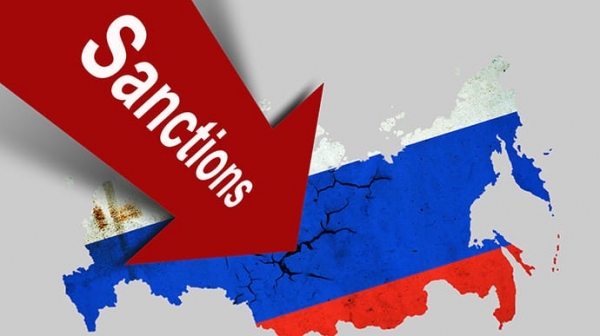

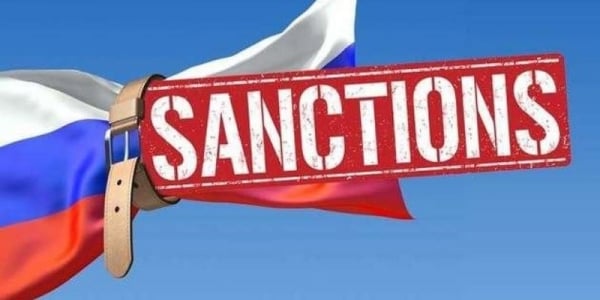
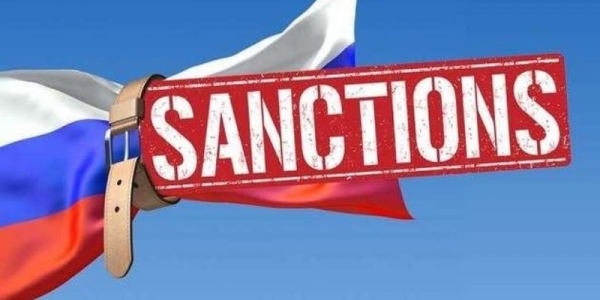

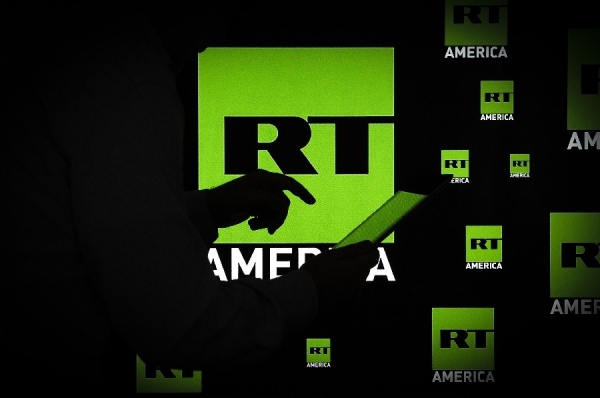

















































































Comment (0)